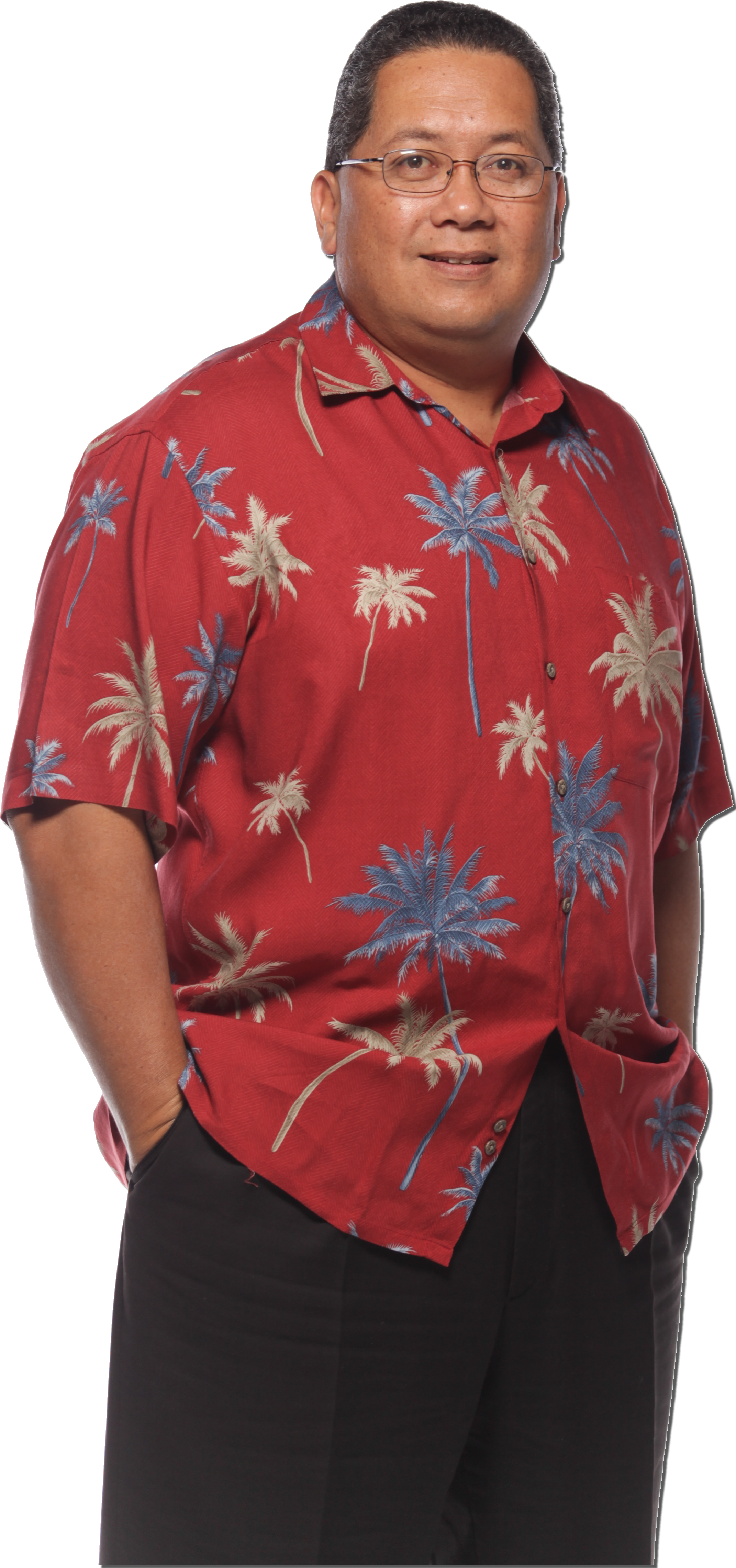 This website was created to help perpetuate the stories of the hardships and accounts of the Chamorro people during the Japanese occupation of Guam during World War II. Here you will be able to read and listen to the testimonies of the survivors as they described what they saw, experienced and felt during the thirty-two month imprisonment on their own island.
This website was created to help perpetuate the stories of the hardships and accounts of the Chamorro people during the Japanese occupation of Guam during World War II. Here you will be able to read and listen to the testimonies of the survivors as they described what they saw, experienced and felt during the thirty-two month imprisonment on their own island.
The creation of this site was first thought of to assist the survivors in their plight to gain acknowledgement and rightful compensation for their suffering and loss during the war between the United States and Japan. But as work progressed it became apparent that what was just as important was capturing the emotion and first-hand accounts of a generation that was quickly passing on.
Before we created this site, my senatorial staff, our friends from Expressions Studio, and companies who wanted to help, started a weekly series in the Guam edition of the Marianas Variety newspaper called “Real People. Real Stories.” What we provided were the testimonies, as transcribed, of the survivors who testified before the Guam War Claims Review Commission in December of 2003. With the permission, of course, of those we were able to locate, or with the permission of surviving family members, we published their unedited testimonies.
“Real People. Real Stories” was done for two reasons; first to educate the community of the experiences of the Chamorro people during the war, and secondly, to constantly remind the United States government of its moral and legal obligation to compensate those who survived the occupation and the heirs of those who were senselessly killed during the war. If you didn't read any of the testimonies that were previously published for the series, not to worry, this site will provide those articles. We will also provide other documents and stories that will help to tell the story of the plight of our survivors.
The people of Guam have been the only populace of the United States to have suffered through and endured the occupation of a foreign enemy force in any war the United States has been in. Yet, after over sixty-five years since Guam was retaken by the United States, the people of Guam were never recognized or compensated for what they went through or for what they lost.
There may be those of you that are confused or agitated with the compensation claim. If so, let me provide some insight.
On November 15, 1945, the United States President signed into law the Meritorious Claims Act “for the purpose of granting immediate relief to the residents of Guam by the prompt settlement of meritorious claims.” Most assuredly due to the chaos and confusion at the time, only 6,646 claims (5,935 property and 711 death and injury) were filed amongst a surviving population of about 21,000. Considering that almost every individual who was on Guam during the occupation was subjected to humiliation and/or beatings, and that as a result of decisions by the occupying forces or battle destruction, homes and properties were lost, the number of claims filed is considerably less than what should have been reported.
In his book entitled, “An Island in Agony,” Mr. Tony Palomo wrote that in a Senate report accompanying the Meritorious Claims Act, the underlying policy of the legislation was spelled, thus:
“In the future this island will become one of the most important United States naval and air bases in the Pacific. Its people have been loyal wards of the United States. The Committee believes that the enactment of this bill is just and warranted, that it would be helpful in retaining the good will of these people in the future, and that it will be sound investment in our future security.”
As you will see in your visit to this website, the promise made to the people of Guam in 1945 has yet to be fulfilled.
I encourage you to read each of the stories and the documents that are contained in this site. I ask that you also share your knowledge of this site with your family members and friends. The more people who know what the people of Guam had to endure during World War II, the closer we could possibly be to gaining the recognition they rightfully deserve.
| Si Yu’us Ma’ase, |
| FRANK F. BLAS, JR. |
